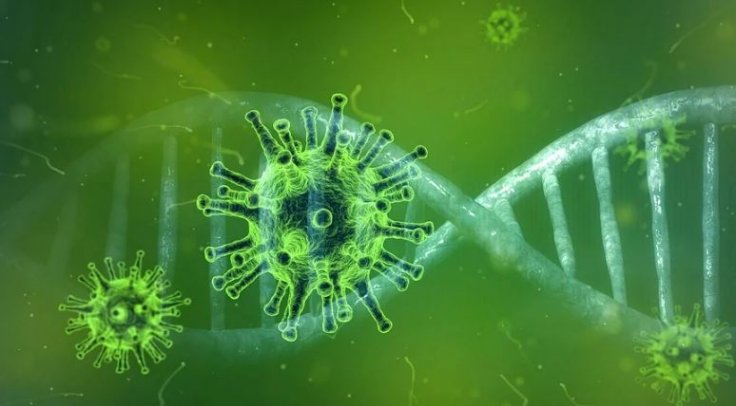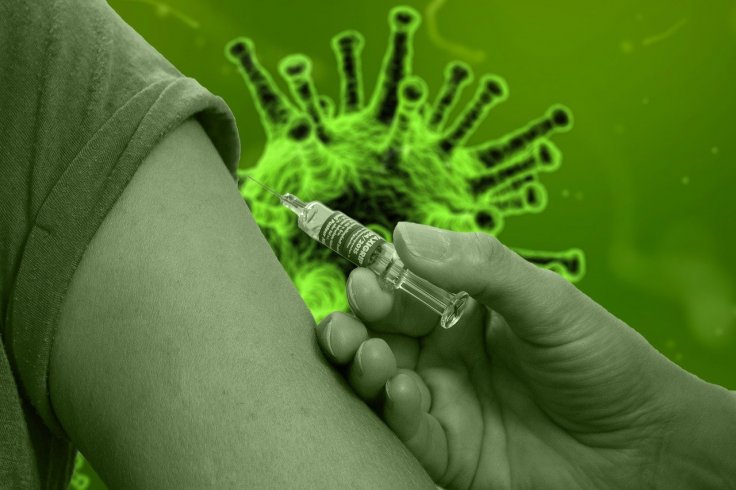As the mass vaccination program kicks off in some countries, a British scientist has some concerning news for those who think inoculation will be a game-changer. The scientist from the UK has warned that COVID-19 vaccines could be ineffective against the highly infectious variant that was found in South Africa.
Sir John Bell, regius professor of medicine at Oxford University, said that he is now worried about the South African Coronavirus variant due to the fast-spreading nature.
Bell told Times Radio, on Monday, January 4: "The mutations associated with the South African form are really pretty substantial changes in the structure of the protein." He added that the vaccines might still work against the variant found in Kent, UK, but was not sure about the South Korean variant — "there's a big question mark about that".

The vaccines are thought to be effective against the Coronavirus variant, VUI-202012/01, which is currently causing a huge spike in cases across the UK. But according to the British scientist, the 501.V2, the South African variant which has been detected in two locations in the UK, is thought to have mutated further than the Kent one.
Concern About Vaccine Protection
The vaccines protect against COVID-19 disease by teaching the immune system how to fight against the pathogen. It creates antibodies by latching onto the spike protein of the virus. But if the antibodies fail to detect the proteins due to the mutation, it means that the body may struggle to defeat the virus and prevent infection.
According to the Oxford expert, even though there is no data on whether the South African variant increases the severity of COVID-19, it has increased the infectiousness, possibly by increasing its ability to bind to the human cells.

Researchers in Oxford were analyzing whether current vaccines would work against the mutated virus. "I think it's unlikely that these mutations will turn off the effects of vaccines entirely – I think they'll still have a residual effect," said the Bell. But if required, it is possible to make some adjustments to the vaccines in a matter of weeks to make them more effective.
"It might take a month or six weeks, to get a new vaccine, so everybody should stay calm. It is going to be fine. But we are now in a game of cat and mouse because these are not the only two variants we are going to see. We are going to see lots of variants," he added.









